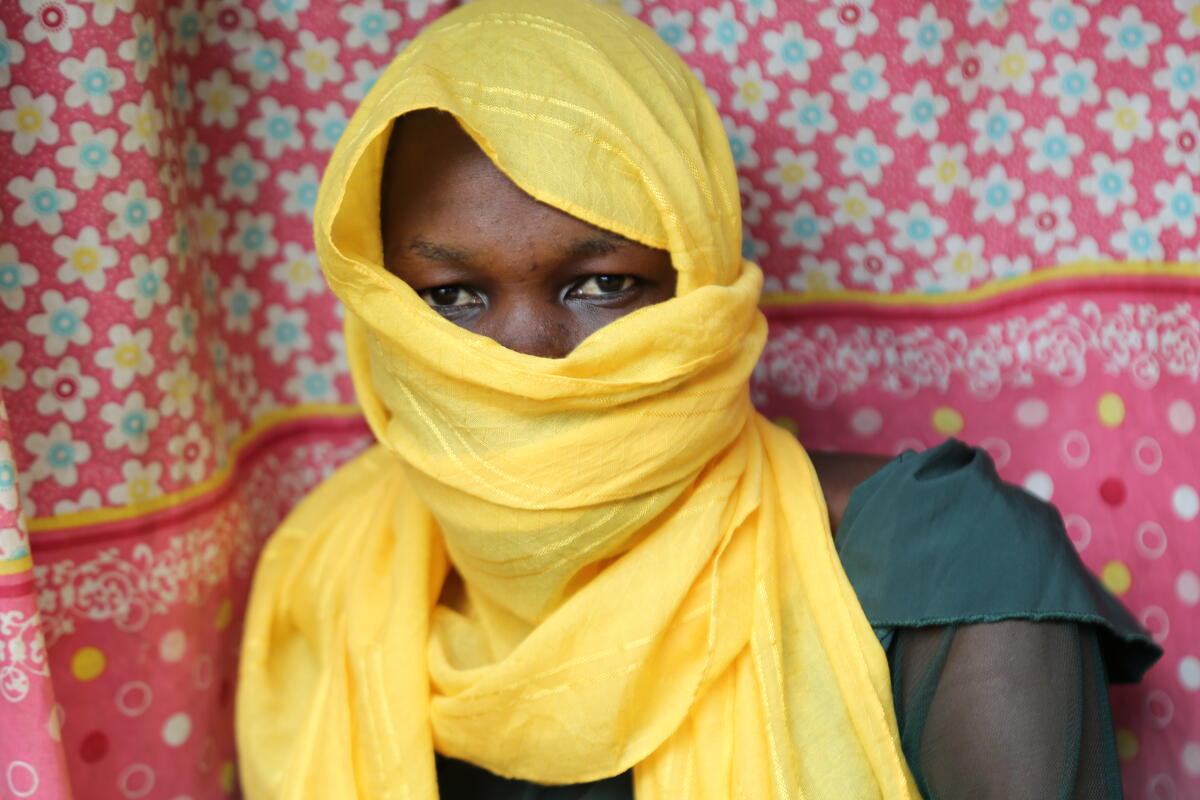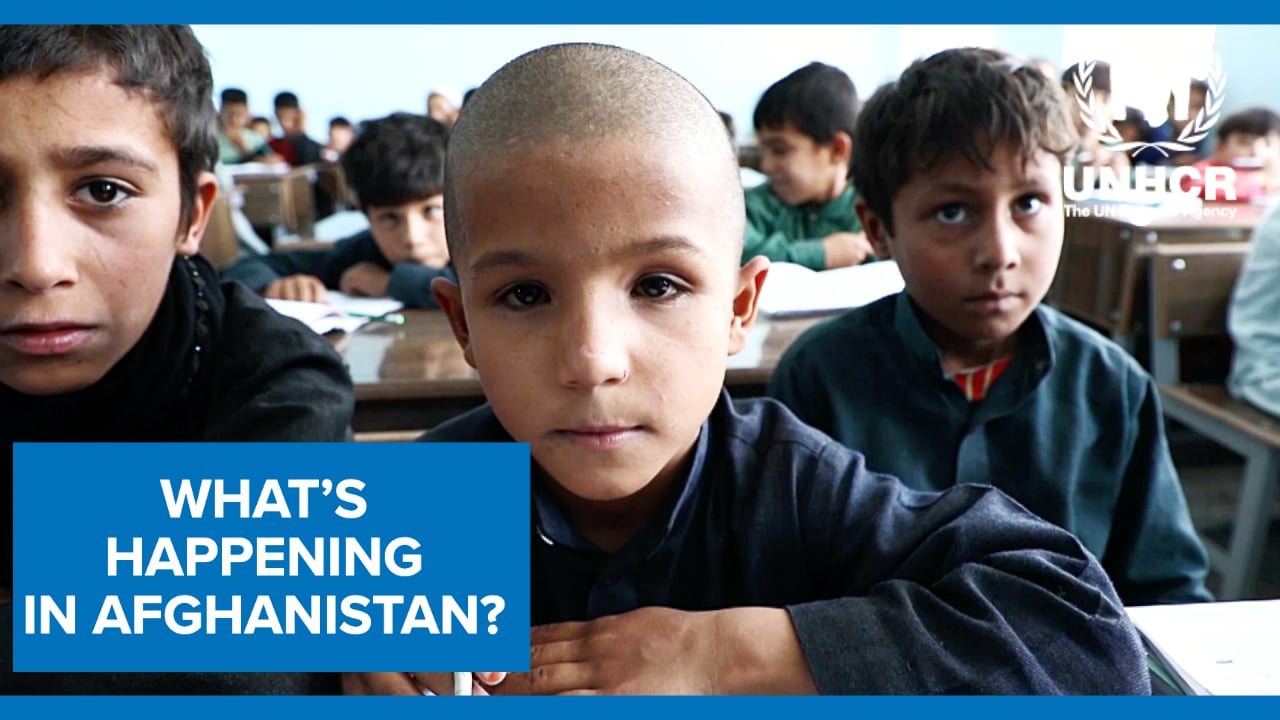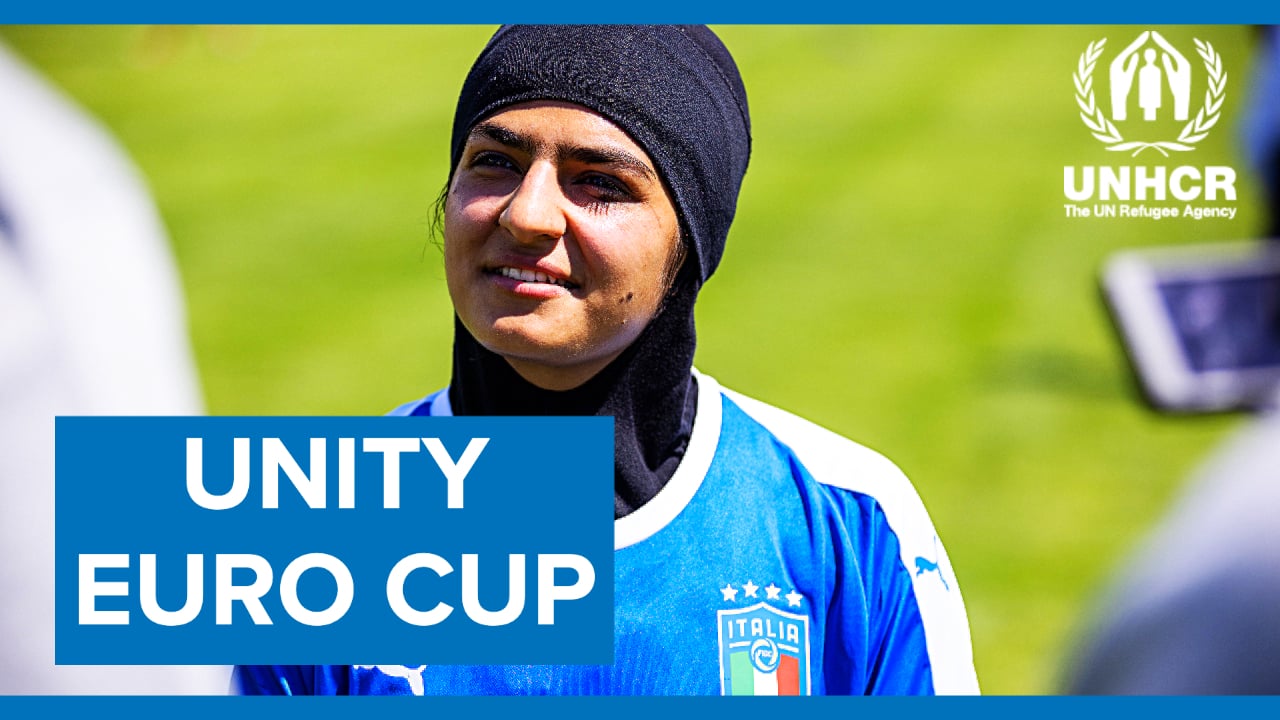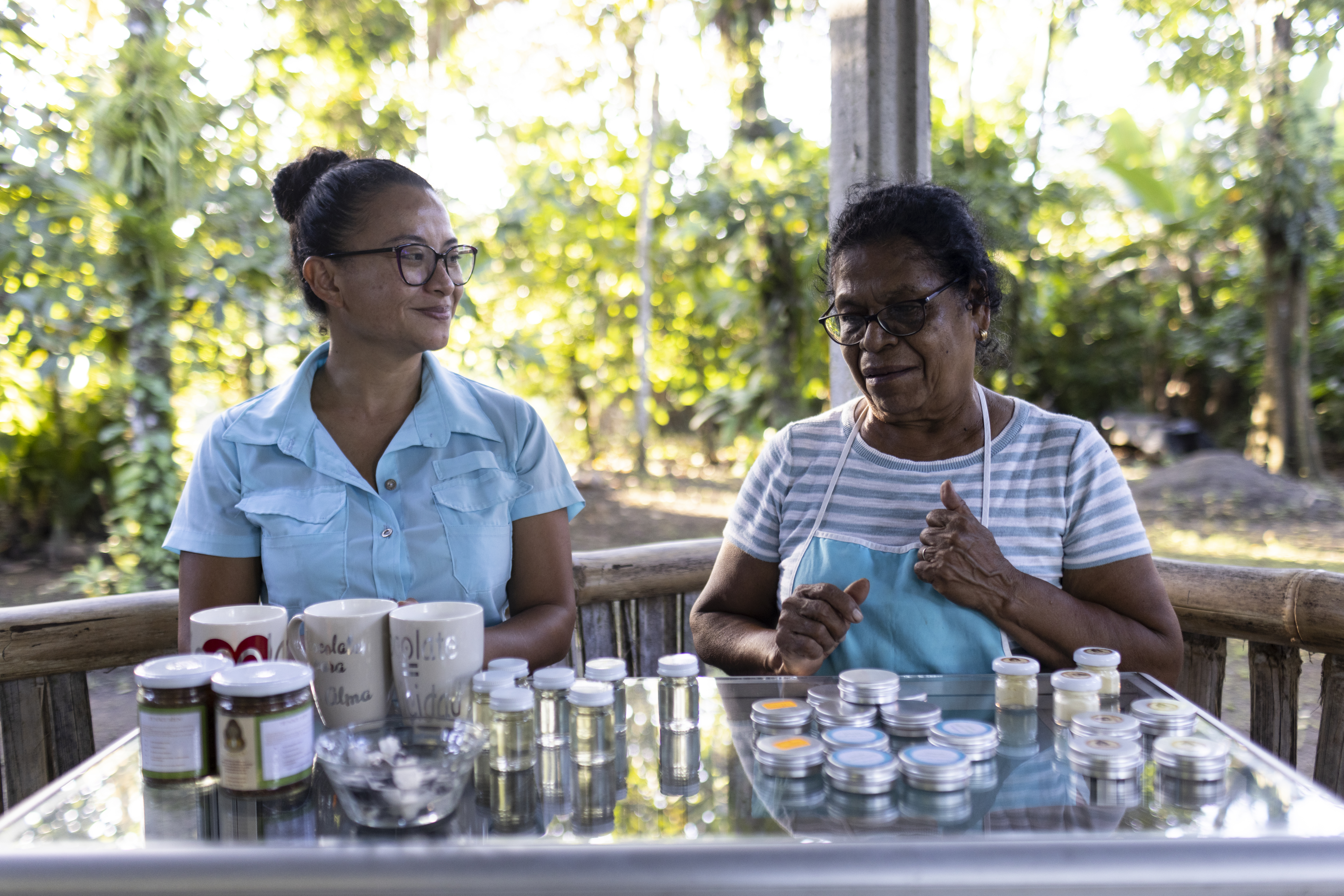UNHCR helps Central Europe tackle sexual and gender-based violence
UNHCR helps Central Europe tackle sexual and gender-based violence

LJUBLJANA, Slovenia, July 3 (UNHCR) - The UN refugee agency's efforts to protect women and children refugees from violence throughout Central Europe came a step closer recently when Slovenia agreed to include refugees and asylum seekers in prevention and response mechanisms for those at risk.
At a ceremony in Ljubljana on June 20, World Refugee Day, the Slovenian government adopted UNHCR's standard operating procedures (SOPs) for responding to and preventing cases of sexual and gender-based violence (SGBV) against refugees and asylum seekers.
Slovenia became the fifth Central European country to introduce such SOPs within the past year, following Slovakia, Bulgaria, Poland and Romania. Hungary is expected to sign on soon. The efforts in the region are part of a worldwide UNHCR campaign to establish institutional protection mechanisms in all locations where refugees and asylum seekers are accommodated.
At the signing ceremony on June 20, Slovenia's ministries of justice and interior as well as UNHCR and several non-governmental organizations pledged cooperation in fighting sexual and gender-based violence.
"The governments [in Central Europe] already have systems in place to deal with such cases," Lloyd Dakin, UNHCR's regional representative, noted after the ceremony. "Our task was to make sure that refugees and asylum seekers are covered by them as well."
It took months to negotiate and draft a set of mechanisms for the prevention, monitoring and evaluation of cases of violence against women and children refugees in Slovenia and to enshrine these in the SOPs.
"We have reached a common understanding on the roles and responsibilities. The next step is to make sure that each resident of each refugee facility in the region and every [UNHCR] staff member knows what to do if someone becomes the victim of sexual or gender-based violence or [if] there are reasons to suspect such a problem exists in the community," Dakin noted.
UNHCR is also helping to spread awareness among refugees and asylum seekers about the new SOPs in Central European countries. It is developing posters and leaflets that are easy for everyone to understand, including those with weak literacy levels.
There are 125 registered refugees and 115 asylum seekers in Slovenia, with most coming from Serbia and Montenegro, followed by refugees from Iran, Russia and Africa.
Refugees, particularly women and girls, are vulnerable to sexual, physical or psychological violence in host countries. SGBV includes domestic violence as well as rape, sexual abuse and sexual harassment, intimidation at work and school, human trafficking and forced prostitution.
By Melita H. Sunjic in Ljubljana, Slovenia









